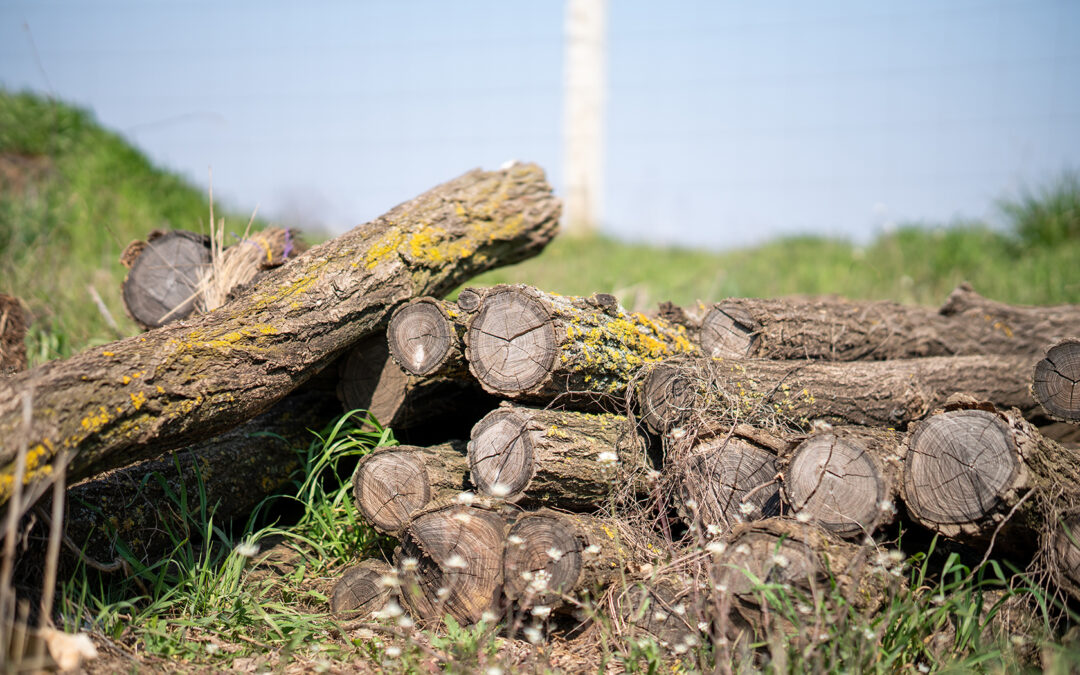To recycle horticultural waste, the process typically involves reusing or repurposing organic materials generated from gardening and landscaping activities. This waste includes materials such as bark, flowers, grass and hedge cuttings, leaves, plants, and more. Here are some common methods for recycling horticultural waste:
- Composting: Composting is a popular and eco-friendly way to recycle horticultural waste. It involves creating a controlled, aerobic process. This process turns organic materials into nutrient-rich soil. By composting garden waste, you can create valuable soil amendments for your garden.
- Mulching: Another method of recycling horticultural waste is mulching. Mulch is a protective covering applied to the soil surface. Once applied it retains moisture, suppress weeds, and improve soil health. Organic materials like leaves, grass clippings, and plant debris can be used as mulch in gardens.
- Plant-Based Kitchen Scraps: Burying plant-based kitchen scraps and plant debris in a hole or trench at least 12 inches deep is a simple way to recycle yard waste. This process allows the organic material to break down naturally and enrich the soil.
- Participating in Community Recycling Programs: Some communities offer recycling programs for horticultural waste. These programs is where residents can drop off their garden waste. All this waste can be composted or recycled on a larger scale.
- Engage a local recycling service provider who offers the convenience of doorstep collection for your horticultural waste, through their rental containers. These professionals will efficiently gather the debris and organic material from your home or business, recycle it at their specialized center, and re-purpose the materials for sustainable reuse.
For more information you May call our center at 1 (239) 352 7888
By adopting these practices, gardeners can contribute to reducing waste, promoting sustainability, and enhancing the health of their gardens and the environment.

